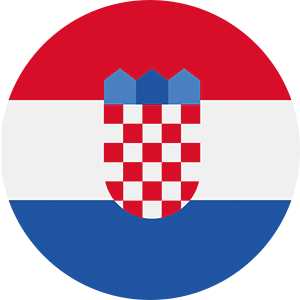Croatian Recovery plan has been drafted in the secrecy of the Prime Minister’s office, without any involvement of civil society.
In a nutshell:
- No involvement of civil society in Recovery planning
- Summary of Recovery plan lacks clarity on climate action
Details:
Public participation is a precondition to ensure that EU Recovery money supports economies and societies in building back better after the pandemic.
Unfortunately, the Croatian government does not seem to care about it. The allocation of the €6.3 billion in grants (and potentially up to €3.6 billion in loans) which is set to receive from the Recovery and Resilience Facility has been discussed only in the Prime Minister’s office. Rumors have it that ministries were consulted on the respective areas of interest, but there has been no consultation with relevant stakeholders or with the general public (nor it is planned in the near future).
Civil society organizations have been sidelined in decision-making. Their representatives at the “Council for the development of civil society” received no information about the government’s plans; and during the meeting with European Commission about the Recovery plan, they were told that the decision whether to include citizens in the planning process lays in the jurisdiction of each member state.
The Government only published a short summary of the draft Recovery Plan on April 1. Unfortunately, the summary that failed to include any information on the budget envisaged for specific measures, on timeframes and on implementing bodies was not a joke. It also did not clarify how and to what extent the measures envisaged will contribute to climate action.
On the basis of the little information available, however, the main concern is that a lot of Recovery money will be spent on projects which will not contribute to Croatian climate goals. Far from being transformative, many projects are just a continuation of initiatives funded in previous years. Some others, like the creation of a strategic investment framework for the promotion of private investments, do not have any green strings attached.
All the more frustrating is that many of these problems could have been avoided, had the government set out a transparent process for public engagement in line with the Commission´s partnership principle.







